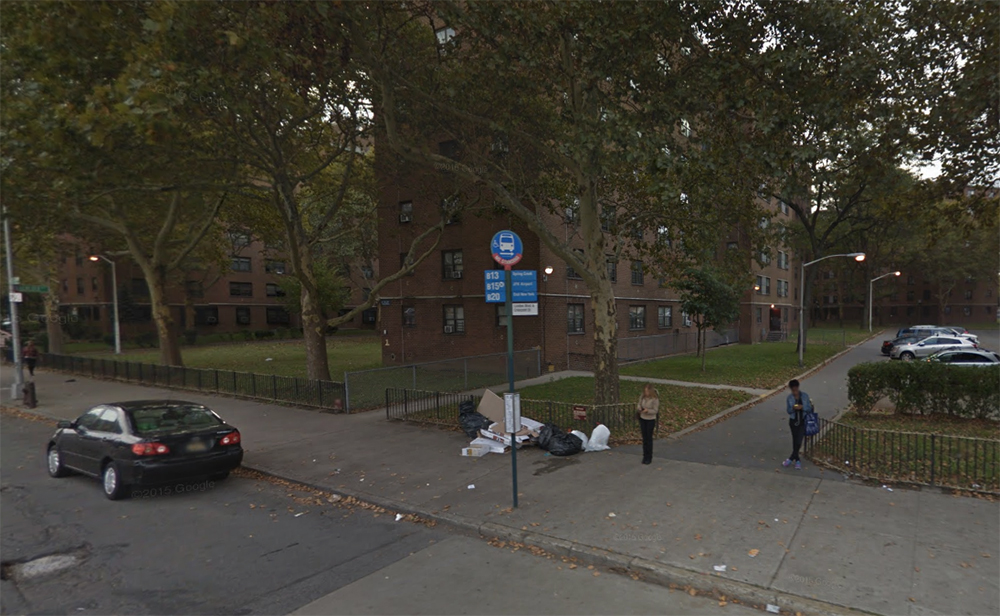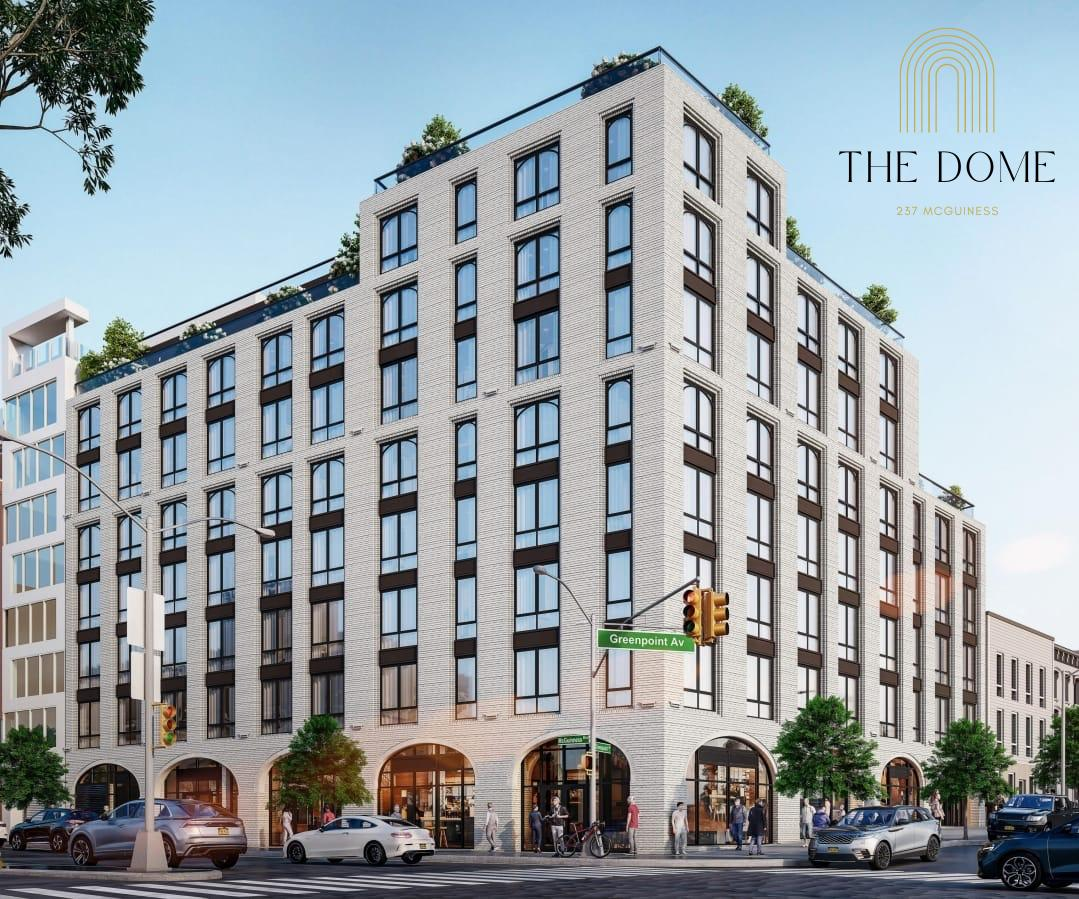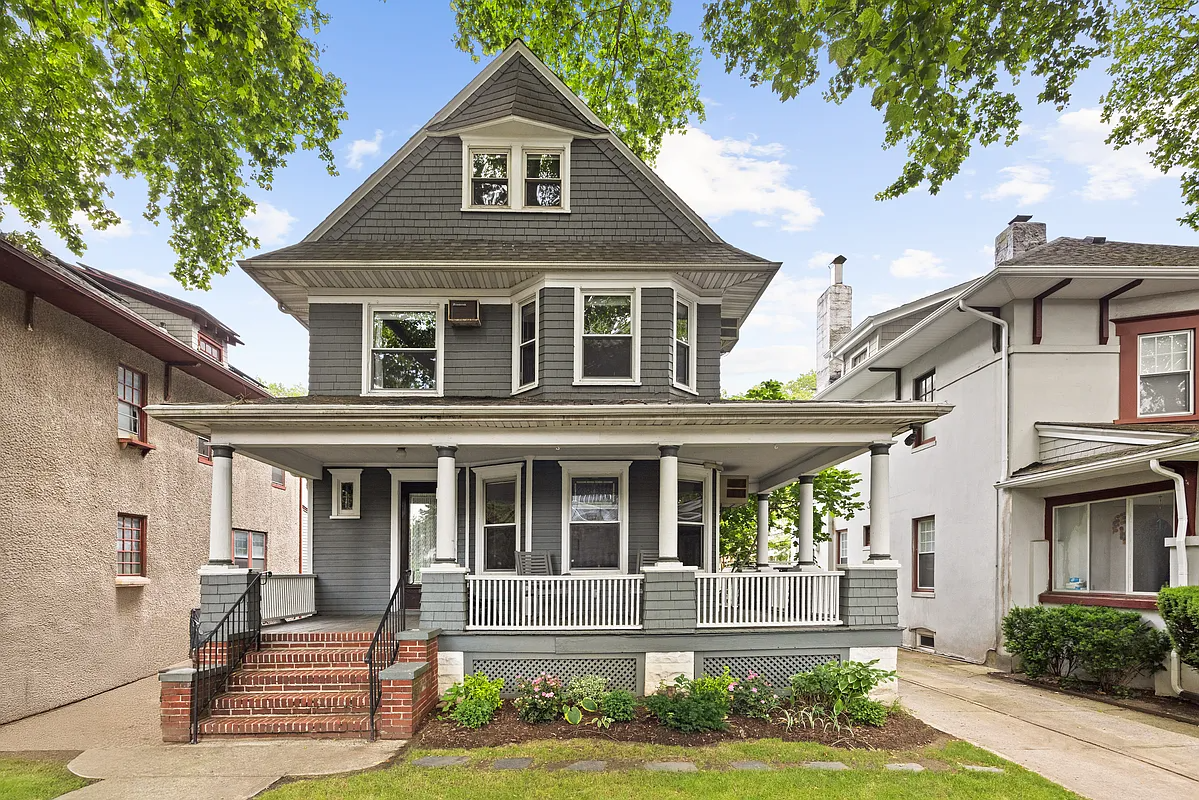Does Gentrification Help the Poor? NYCHA Residents Weigh In
NYCHA-run Louis Heaton Pink Houses in East New York The poor do not benefit from gentrification, according to a $250,000 report researched in part by five NYCHA residents hired by the city to investigate urban conditions. Written by Maryland-based consulting firm Abt Associates and New York University’s Furman Center for Real Estate, the report discovered that…

NYCHA-run Louis Heaton Pink Houses in East New York
The poor do not benefit from gentrification, according to a $250,000 report researched in part by five NYCHA residents hired by the city to investigate urban conditions.
Written by Maryland-based consulting firm Abt Associates and New York University’s Furman Center for Real Estate, the report discovered that gentrification alienates NYCHA tenants as longtime local eateries, laundromats, and other businesses are replaced by expensive shops and corporations. NYCHA residents can’t afford the new businesses and seldom find employment with them, according to the report.
“The Effects of Neighborhood Change on NYCHA Residents” notes how low-income residents in NYCHA neighborhoods have lost purchasing power due to increasing property values in what were formerly some of the city’s poorest communities. The report contradicts studies that say gentrification causes neither displacement nor the advent of inaccessible amenities both in place of and in addition to formerly existing businesses and city services.
Columbia University professor Lance Freeman is considered a leading expert on the subject, having extensively studied the topic of gentrification via interviews with residents of Clinton Hill and Harlem for his 2006 There Goes the ‘Hood, among other relevant works. In opposition with the NYCHA report, Freeman writes about not only the cons but also the pros of gentrification.
The book notes, for example, that gentrification brings better grocery stores with fresher produce and more competitive prices, as well as other services, so residents don’t have to pay for expensive cab rides to buy groceries far outside their neighborhood.
Freeman’s other major and most controversial theory is that he downplays the negative affects of displacement, arguing that turnover in poor and affluent neighborhoods are equivalent.
What’s really happening? Is it possible that seemingly obvious, observable changes in neighborhoods are only surface deep — are rates of homelessness, skyrocketing rents, and the influx of wealthy residents somehow not correlated? Could both Freeman and the NYCHA study be correct?
What the NYCHA report says
Public housing residents feel alienated by new, wealthier communities. NYCHA residents reported feeling frustrated by a lack of job opportunities despite increased amenities brought with the affluent influx. Increasingly unaffordable, upscale groceries and retail further alienated residents, even in situations where rents were still affordable, said the report.
What Lance Freeman says
Longtime and low-income residents benefit from the amenities, city services, and other externalities of gentrification that the wealthy bring to once poor communities. There is no reason NYCHA residents and affluent newcomers can’t coexist and share the area’s offerings.
Five Facts
- The NYCHA study found that public housing developments in high-income neighborhoods had lower violent crime rates than those in low-income neighborhoods.
- According to the report, NYCHA residents, “in persistently high-income neighborhoods are zoned for public elementary schools with higher standardized test scores than developments in persistently low-income neighborhoods.”
- One of the fastest growing counties in the state, as of 2013 Brooklyn has been estimated by the Census Bureau to have grown 3.5 percent since 2010.
- The amount of homeless in the shelter system has increased by 82 percent since 2005.
- The report was released in May but not publicized, according to The New York Daily News. The same month, Mayor de Blasio announced his controversial plan to build market-rate housing on NYCHA land, noted the News.
[Photo: Google Maps]
Related Stories
Local Writes Brownstoner About Gentrification in Bushwick: High Rents Forcing Out Families
De Blasio vs. Critics: Should NYCHA Lease Public Land to Private Developers?
Brooklyn Group Says Gentrification Violates Human Rights





“In opposition with the NYCHA report, Freeman writes about not only the cons but also the pros of gentrification.”
Opposition TO. You need to improve your writing if you plan to do it for a living, it really is not even adequately coherent right now.
“In opposition with the NYCHA report, Freeman writes about not only the cons but also the pros of gentrification.”
Opposition TO. You need to improve your writing if you plan to do it for a living, it really is not even adequately coherent right now.